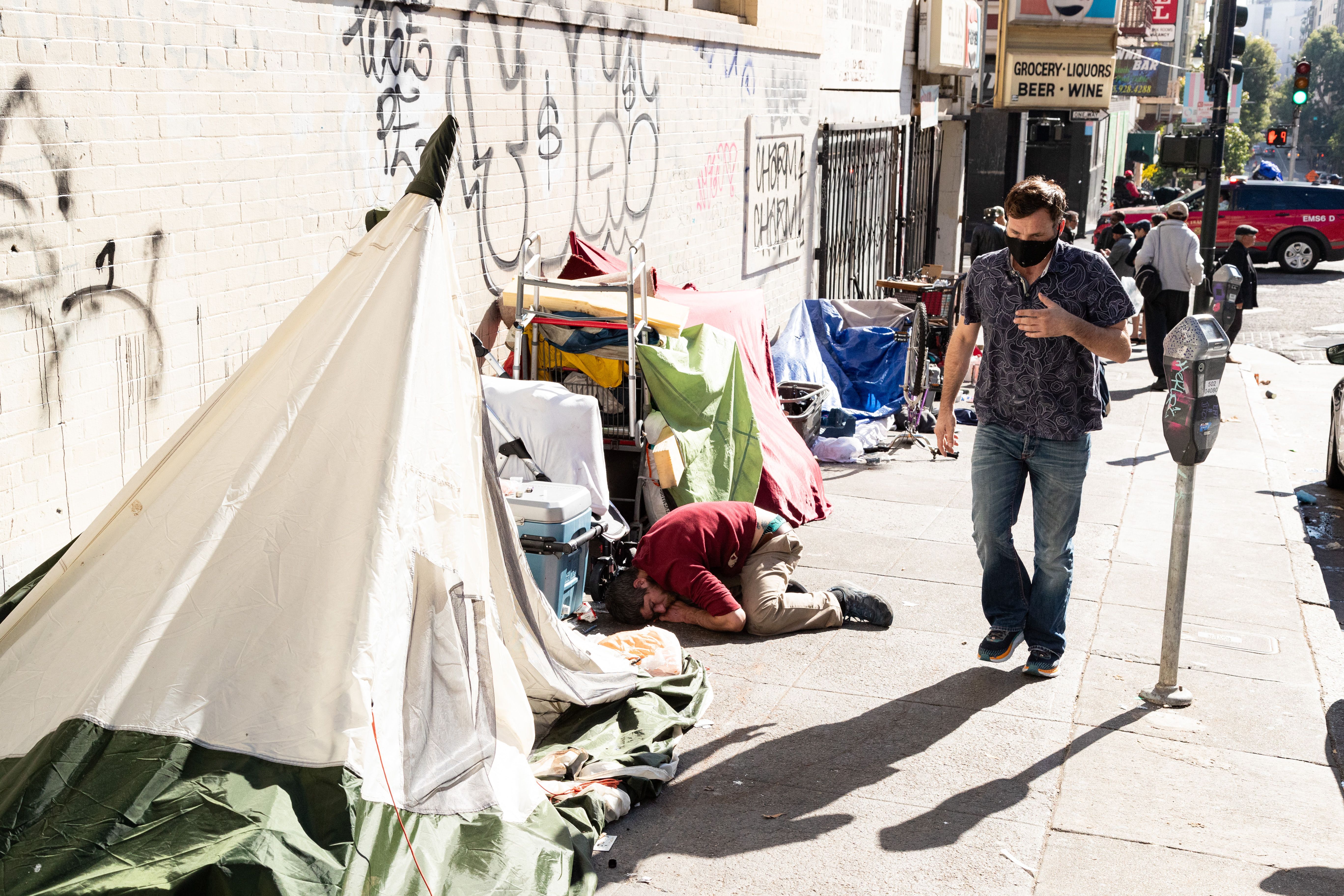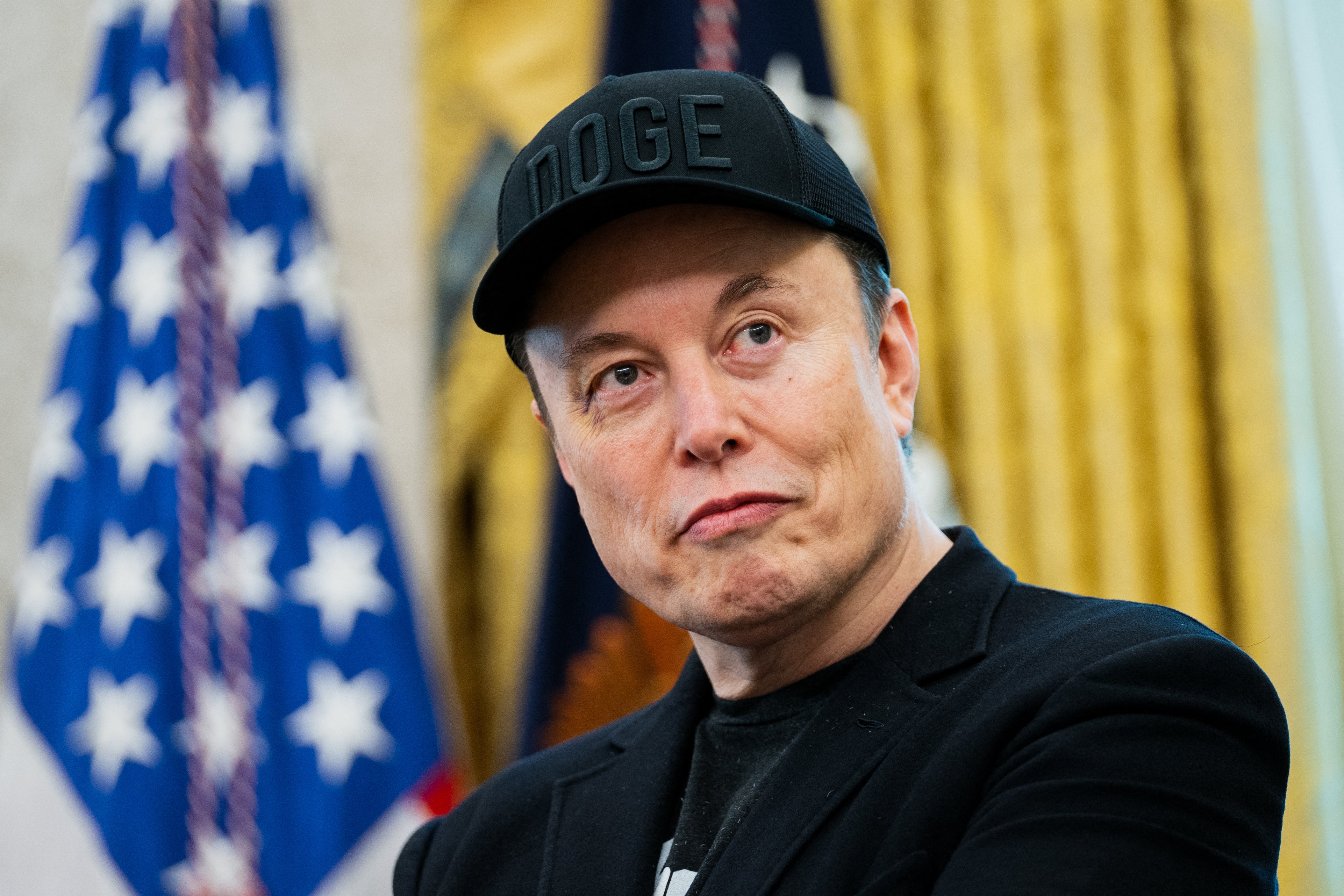A reported discussion between tech billionaire Elon Musk and former U.S. President Donald Trump regarding the potential deployment of the National Guard to San Francisco has ignited a fierce debate. This conversation highlights the complex intersection of technology, politics, and public law, and reflects a broader dissatisfaction among business and conservative figures with current urban governance issues.
Musk’s Proposal and Trump’s Reception
According to reports, Musk discussed with Trump the idea of mobilizing the National Guard to address the escalating problems of homelessness, crime, and the fentanyl crisis in San Francisco. Trump reportedly received the suggestion seriously, especially as he heavily promotes a "law and order" stance in his political agenda.
Musk, who has either moved or threatened to move several of his companies out of California, frequently and sharply criticizes the decline of downtown San Francisco. For Musk, deploying the National Guard appears to be viewed as an urgent, militarized solution to a complex social problem.
The Political and Legal Context of Deployment

The idea of using military forces to address civil issues in a major city is profoundly controversial.
The deployment of the National Guard is typically a decision made by the state Governor. However, the President retains the power to intervene in extremely limited cases, usually involving insurrection or opposing federal law. Musk’s proposal, aimed at controlling social issues like homelessness and drug use, immediately faced opposition from civil leaders and activists who view it as a drastic, inappropriate, and potentially unconstitutional measure that violates civil liberties.
The discussion about the National Guard reflects the frustration felt by certain influential figures toward the current policies in San Francisco, widely considered a Democratic stronghold. This indicates that figures like Musk are seeking more drastic, possibly federal, intervention measures to alter the current situation.
Public and Expert Reaction
The proposal triggered a wave of criticism from analysts. They argue that using the National Guard does not address the root causes of homelessness or addiction—namely, the lack of affordable housing, mental health services, and addiction treatment.
Critics warn that the militarization of public areas could lead to an escalation of violence and the criminalization of social problems, rather than seeking humane and sustainable solutions. This discussion further highlights the evolving relationship between tech giants like Musk and the conservative political landscape, as the social issues in tech hubs become national political flashpoints.
Musk’s involvement in this proposal once again solidifies his role not just as a business leader but as a highly influential public figure, ready to use his platform to push for extreme political solutions to public problems.

